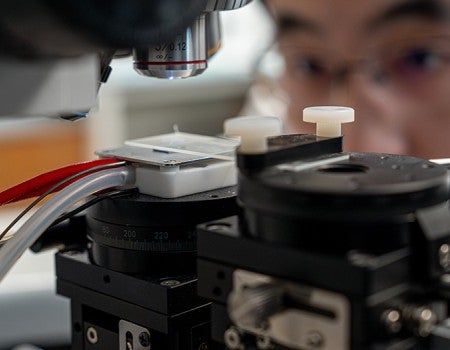

Night for Guy concert draws country fans to celebrate the late Guy Clark
Back for the first time in three years, the once-annual Night For Guy concert May 11 honored the late Texas troubadour Guy Clark, who died in 2016.

Researchers at Rice have shown that hard-to-spot defects in a widely used two-dimensional insulator can trap electrical charges and locally weaken th...

On Feb. 17, the SSPEED Center welcomed Jed Anderson, founder and CEO of EnviroAI, for a lecture on environmental AI permitting. ...

The Rice women's basketball team was crowned the American Conference regular season champion after a 77-66 win at Temple Wednesday night at The Liacou...

Frank Klaus Tittel, a physicist whose career paralleled the rise of modern laser technology and who helped build Rice’s reputation in laser spectrosc...
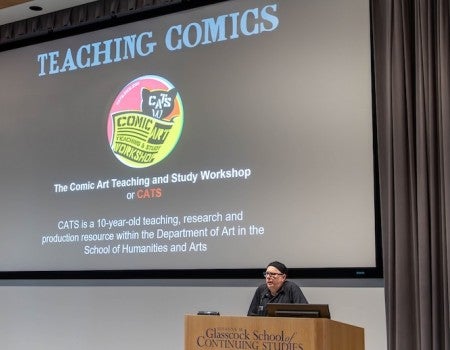
Art teachers, artists and comics enthusiasts gathered at Rice University Feb. 20 for Teaching Comics, a one-day symposium exploring how comics can fun...

Nearly 700 prospective graduate students, current scholars, faculty and staff gathered at the Houston Museum of Natural Science for Rice University’s ...

Martono, a second-year master’s student in violin performance, won the title of Miss Chinatown Houston 2025, her first-ever pageant....
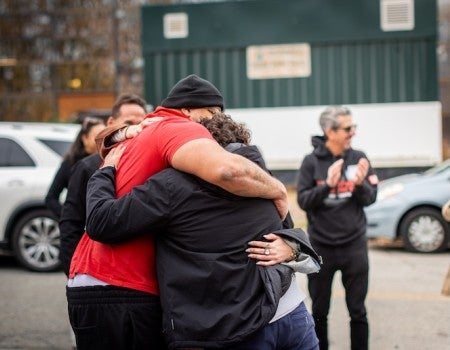
Undergraduates at Rice are digging into real, possible wrongful conviction cases this semester, examining evidence to bring renewed attention to indiv...
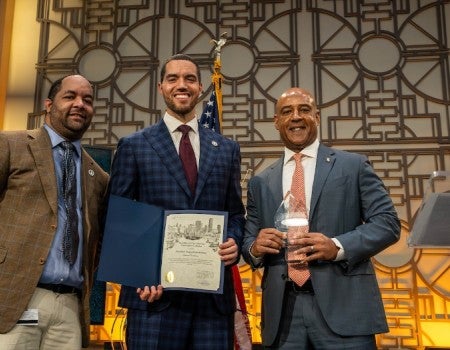
Rice President Reginald DesRoches was honored with a Community Trailblazer Award Feb. 19 by the city of Houston’s controller Chris Hollins during his ...
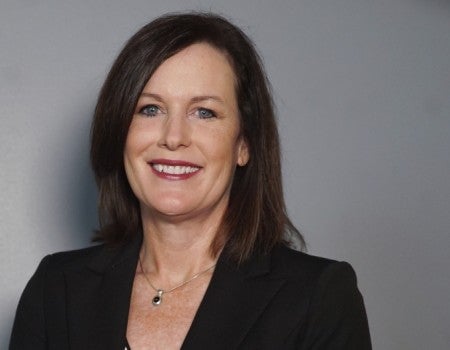
Rice commends Stacy Mosely for 14 years of service. As executive senior associate athletic director/senior woman administrator, Mosely maintains admin...
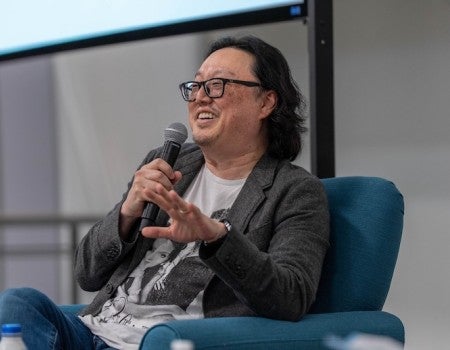
Students convened at Rice University Feb. 20 for what organizers called a rare chance to hear and learn directly from one of the most influential musi...
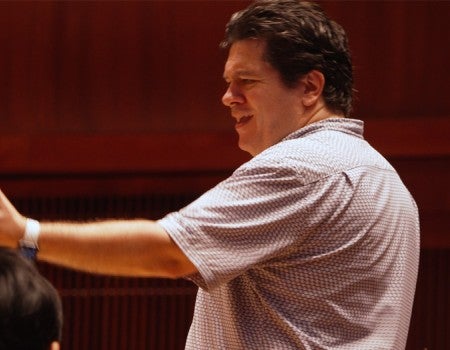
The role brings Cristian Măcelaru ’06 ’08 back to campus several times each year to coach, conduct and mentor students across departments....

Night for Guy concert draws country fans to celebrate the late Guy Clark
Back for the first time in three years, the once-annual Night For Guy concert May 11 honored the late Texas troubadour Guy Clark, who died in 2016.

Reflections on 28 years at the Baker Institute
At a May 12 Director’s Lecture Series event, Ambassador Edward Djerejian looked back on the Baker Institute’s history in conversation with Rice historian John Boles.
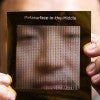
Eavesdroppers can hack 6G frequency with DIY metasurface
Rice engineers discovered 6G wireless “pencil beams” are vulnerable to eavesdroppers armed with DIY metasurfaces.
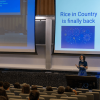
Rice in Country summer study abroad programs return after two years on hold
After being scuttled for two straight summers due to the coronavirus pandemic, the popular Rice in Country study abroad programs hosted by the Center for Languages and Intercultural Communication (CLIC) are once again back in action.

People, papers and presentations for May 16, 2022
Several Owls claimed Conference USA titles at the league’s outdoor track and field championships May 12-15 in San Antonio.

Rice mourns beloved professor emeritus, former Rice Players director Sandy Havens
Neil “Sandy” Havens ’56, professor emeritus of art and art history whose passion for theater led him to become the first professional director of the Rice Players, died May 3. He was 88.

Sophisticated fluid mechanics model is on a roll
Engineers at Rice and Waseda universities produce a video simulation to illustrate the complex aerodynamics around a moving car and its tires.

Rice experts available to discuss forthcoming decision on Roe v. Wade
Following the leak of a draft Supreme Court opinion regarding a Mississippi law challenging Roe v. Wade and with the expectation a decision will come down soon, Rice University experts are available to discuss what to expect from the court regarding a decision on the landmark case.

Computational sleuthing confirms first 3D quantum spin liquid
Physicists have confirmed the first 3D quantum spin liquid, a solid material with a liquidlike magnetic state.

Rice to release 41st annual Kinder Houston Area Survey
Houstonians’ views on the economy, crime, the pandemic and other issues related to the city’s demographic transformations will be revealed in the 2022 Kinder Houston Area Survey, which will be released at a May 17 at a luncheon at the Marriott Marquis Houston.